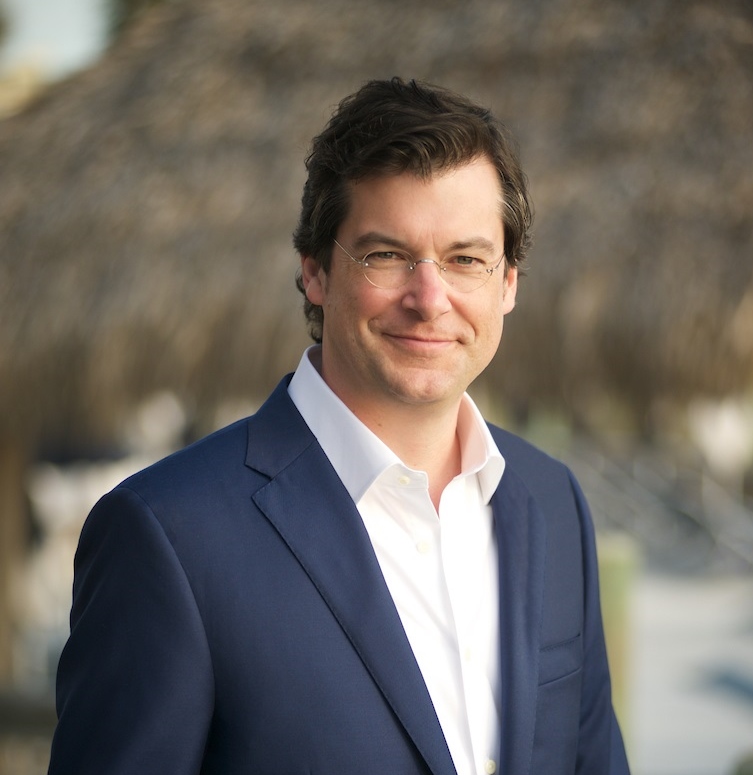Write Winning Grants – 2026

About
Writing a successful grant proposal begins with a strong strategy.
This highly regarded two-day (January 16 and 23) webinar is designed for faculty, postdoctoral researchers, graduate students, and our partners from Henry Ford Health who have some experience with grant writing. Write Winning Grants offers a comprehensive overview of both the conceptual foundations and practical techniques essential to crafting competitive proposals.
Participants will learn how to tailor content to specific funding agencies, develop targeted strategies for each section of the application, and present their ideas in a way that captures reviewers’ attention. The cost to attend is $95 and includes a copy of The Grant Application Writer’s Workbook, a valuable resource that complements the webinar content. Attendees may choose from agency-specific editions, including versions for NIH, NSF, USDA, and a general “Any Agency” option. Workbook descriptions are listed below.
This seminar is applicable across disciplines and funding agencies, making it a valuable opportunity for anyone involved in research development and grant writing.
Registration is now CLOSED.
Please note: due to our licensing agreement with our speaker, this workshop is NOT recorded.
This event is available through the generous support of the Michigan State University Research Foundation.
Intended audience: MSU faculty, students and staff involved in research
Workbook Descriptions
National Institutes of Health Version
The January 2025 edition has been updated to comply with the recently updated FORMS-I general and program-specific instructions for NIH grant applications due on or after January 25, 2025. Some of the updates and information include: process for evaluating the scientific and technical merit of most research project grant applications has been revised to reflect the new simplified review framework; added samples of a Research Project Grant (RPG) critique template and a Summary Statement for the simplified review framework; emphasized that NIH prohibits inclusion of figures in the Specific Aims section; Biographical Sketch and Current and Pending (Other) Support content has been updated to reflect that NIH will require use of Common Forms starting May 25, 2025; revised guidance on preparing PHS Assignment Request Form; added new content on contacting a Scientific Review Officer of a relevant study section; updated how to format the Significance subsection of the Research Strategy based on simplified review framework; and emphasized that marking changes in the body text of an NIH resubmission (A1) is prohibited. All Notice of Funding Opportunity numbers, URLs, and screenshots have also been updated.
National Science Foundation – Research.gov Version
The May 2024 edition has been updated to comply with the revised version of the Proposal and Award Policies and Procedures Guide (PAPPG) (NSF 24-1) effective for all proposals due or submitted on or after May 20, 2024. Some changes for this revised version are updates to: NSF-approved Biographical Sketch format; Synergistic Activities; NSF-approved Current and Pending (Other) format; Mentoring Plan; Index. All URLs, screenshots, and references to PAPPG sections have also been updated.
USDA/NIFA Version
The October 2021 edition was extensively updated with additional content on strategic presentation of background literature and supporting preliminary data; creation of compelling arguments for project significance and novelty; and biographical sketches. Additional samples, sentence starters, and other practical tools/resources are now included throughout the workbook, along with complete examples of the Overview, Rationale and Significance, and Project Summary parts from a funded AFRI proposal. Other features include modifications for proposals that do not involve traditional hypothesis-testing work, and additional consideration of integrated proposals and those with stakeholder engagement. All URLs and screenshots have also been updated, and this edition is congruent with the new NIFA Grants Application Guide, released October 5, 2021.
Successful Proposals to Any Agency
(For proposals other than to the NIH, NSF, or USDA)
Grant applications to most agencies contain basically the same sections – only the specific names for the sections and the order in which they appear in the application are different. In addition, the principles and fundamentals of good proposal writing are the same for all agencies. Given these two facts, we have written a “generic” workbook that can be used to write a proposal to any granting agency. It walks the applicant through the preparation of each section and is meant to be complemented by the specific instructions of the agency that is being targeted. September 2016 edition.

Presenter
John D. Robertson, Managing Member, Grant Writers’ Seminars & Workshops, LLC
Dr. Robertson received his Ph.D. from The University of Texas at Austin in pharmacology and toxicology in 1999. From 1999- 2003, he was a postdoctoral research fellow at the Karolinska Institute in Stockholm, Sweden. He was subsequently hired in 2004 by the University of Kansas Medical Center in Kansas City, KS, where he was a faculty member in the Department of Pharmacology, Toxicology & Therapeutics, and an associate member of the University of Kansas Cancer Center. In 2010, he was recruited to teach grantsmanship by Grant Writers’ Seminars and Workshops as an Associate Member. In 2017, he became the Managing Member of the organization.
Dr. Robertson has been the recipient of competitive extramural funding from both the NIH and non-federal sources. He has authored 30 peer-reviewed journal articles and three book chapters. He has been a member of grant review panels, a reviewer for a number of biomedical journals, and served on editorial boards. In addition, he has been routinely recognized for excellence in teaching.
For more information about Grant Writers’ Seminars & Workshops, please visit their website at www.grantcentral.com.
Michigan State University is committed to providing equal opportunity for participation in all programs, services, and activities. Accommodation for persons with disabilities may be requested by contacting (517) 355-0306 or bakijata@msu.edu.
